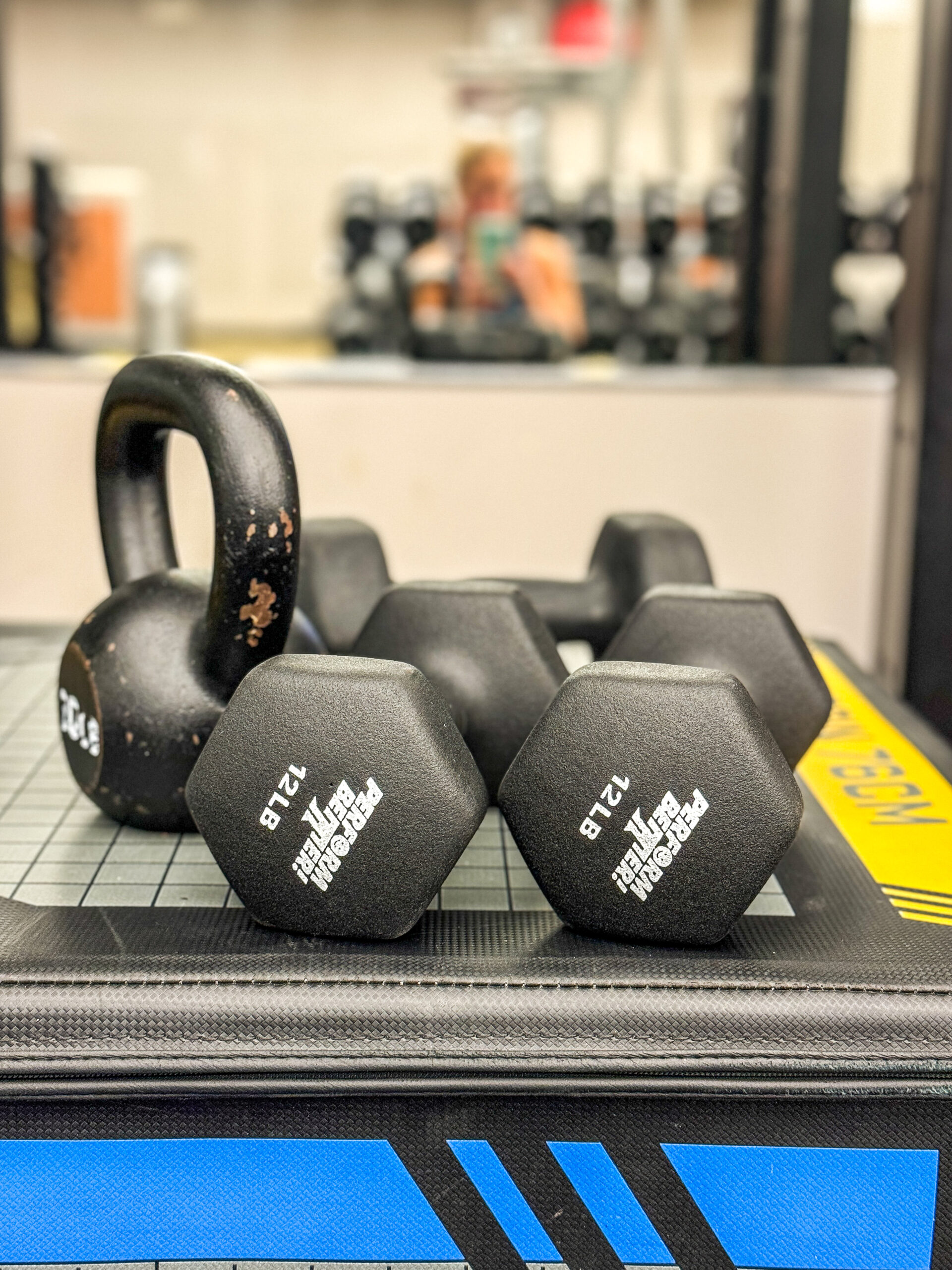If you’ve read my previous inquiry into whether exercise before bed is good for you, you know that experts recommended against vigorous exercise within two hours of sleeping, as it can be very disruptive to your ability to fall asleep and get quality sleep. Instead they recommended light movement like stretching and tai chi before bed, to focus on the muscles and calm the mind without raising the heart rate.
But if that’s the case, when is the best time to do your more vigorous exercising?
The Basics
Ultimately, there is no set in stone perfect time for each and every person to exercise. The best time for you may vary somewhat based on your body’s needs, your life schedule (keeping things like work and kids’ schedules in mind), your sleep schedule, the climate you live in, and so on. However, there is some science behind more ideal periods of the day to get physical.
In general, according to California-based chiropractor, Dr. Chris Jepsen, “the best time to workout is in the morning because you will increase metabolism and the opportunity to burn more fat.” If you chose this route, he says it’s important to drink 16 ounces of water as soon as you get out of bed, to be prepared to work up a sweat.
Other science-backed benefits of a morning workout, according to Healthline, include a boost to your metabolism throughout the day, an early rush of endorphins that starts the morning on a more positive mood, and even improvements to your sleep, as opposed to worsening it with late-night workouts. There are also benefits found to exercising on an empty stomach, so hitting the gym or heading out for a walk or run before breakfast never hurts!
Working out early in the morning also helps a lot of people be more consistent about exercise, because they’re able to get it taken care of right away and don’t have the chance to bail on it later because of excuses or things that come up during the day.
However, Jepsen recommends that if your schedule doesn’t allow for an early morning workout because of work, to exercise right after the workday, so you have time for your body to decompress before sleep.
Accommodate for Your Needs
Remember to listen to your schedule and body. A Heart.org article mentions that, “the key is to do what’s most likely to work for you consistently.” This means if you have an inconsistent schedule, be willing to be flexible. If you’re not a morning person, schedule a later workout that matches your day. You know what will work for you.
Ultimately, as long as you get moving when you’re able, and avoid vigorous exercise within two hours of bed, your body will thank you and you’ll see the benefits.










